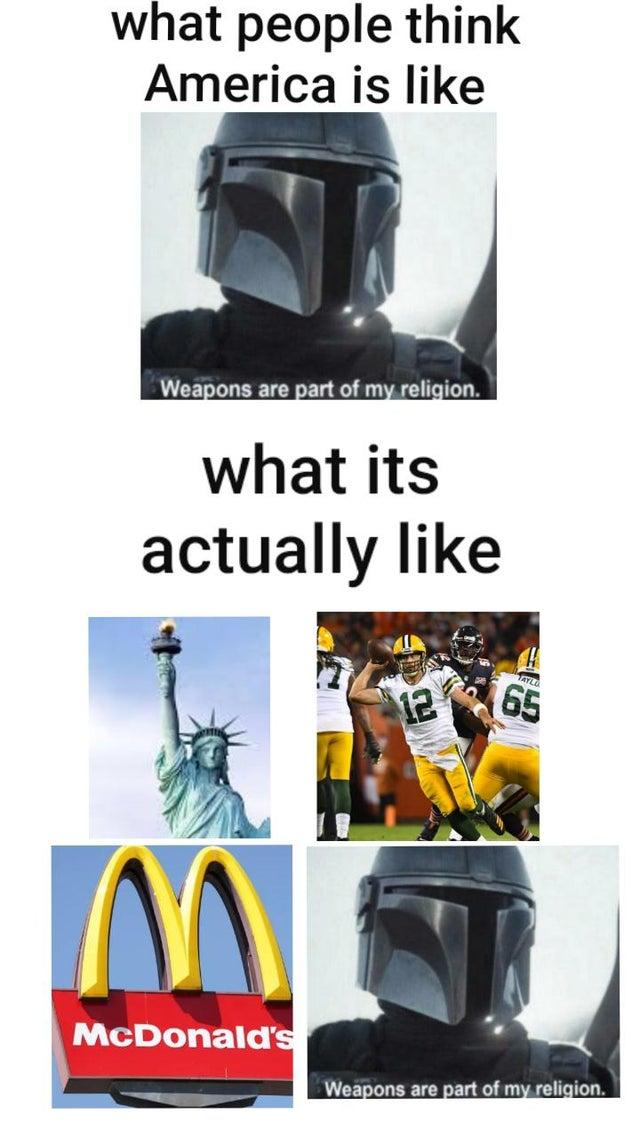As others have stated, [insert D&D race here] can be just about anything you want. So the question is, what role do they fill, what are the stereotypes applied to them, how do you make them different. I'm not going to discuss orcs here because my orcs are a bit different, but I can talk about what I do with drow as an example.
In my campaign world, drow primarily reside in my version of the underdark, Svartlheim*, which is a realm of not just literal darkness but a world infused by darkness and evil. Humanoids that live there are subtly influenced by the dark power, and Lollth takes advantage of that because it reinforces her corruption of the dark elves. It's this dark radiance that gives drow, svirfeneblin and others the dark gray cast to their skin. It's also why drow have such hesitance to residing on the surface world, retreating back to Svartlheim after a series of raids; if they spend too much time away from the underdark Lollth's hold on them is no longer reinforced by environmental factors.
However, some drow do rebel against Lollth and reject the political intrigue, backstabbing and the society based on control by violence and fear. These elves become gray elves that base their lives around logic, asceticism and respect. Their skin tends to have a very light gray tint to it, but it's also a reflection of their general decor and general style and preference. They are the opposite of the drow, not flamboyant, very simple decorations and clothes. Boring and gray to some.
Basically I took the Romulan/Vulcan split from Star Trek, threw it in a blender with D&D and Norse lore.
So, back to orcs. Is there a large faction of orcs that have tendencies toward the old school lore? Are they the ones that give all orcs a bad name, but there are some that reject those principles? Make a different take on Klingons and those that reject the Klingon/orc warrior culture? Or are the cultural prejudices about orcs just based on older lore and history that no longer applies? The Viking culture changed over time as they morphed from raiders and pirates (not that all were ever that) into more peaceful traders that influenced but also got absorbed into local cultures. But we still have myths and lore of bloodthirsty Vikings to this day.
But it all depends on what you want to do. There are a lot of options, many of them tend to run into the
planet of hats trope where all members of a specific species are just one giant monoculture. That's easier, and honestly in a game like D&D where you can have dozens of different intelligent species running around (not just humanoids) there has to be some way of simplifying things. Because the most "realistic" option would just be to have their culture influenced by where they live and their history. That's really difficult to do though, especially without stepping on real world cultural stereotypes.
*O
nce again I've taken norse mythology and used it as a starting point for my own realm and it only loosely resembles the source lore.


